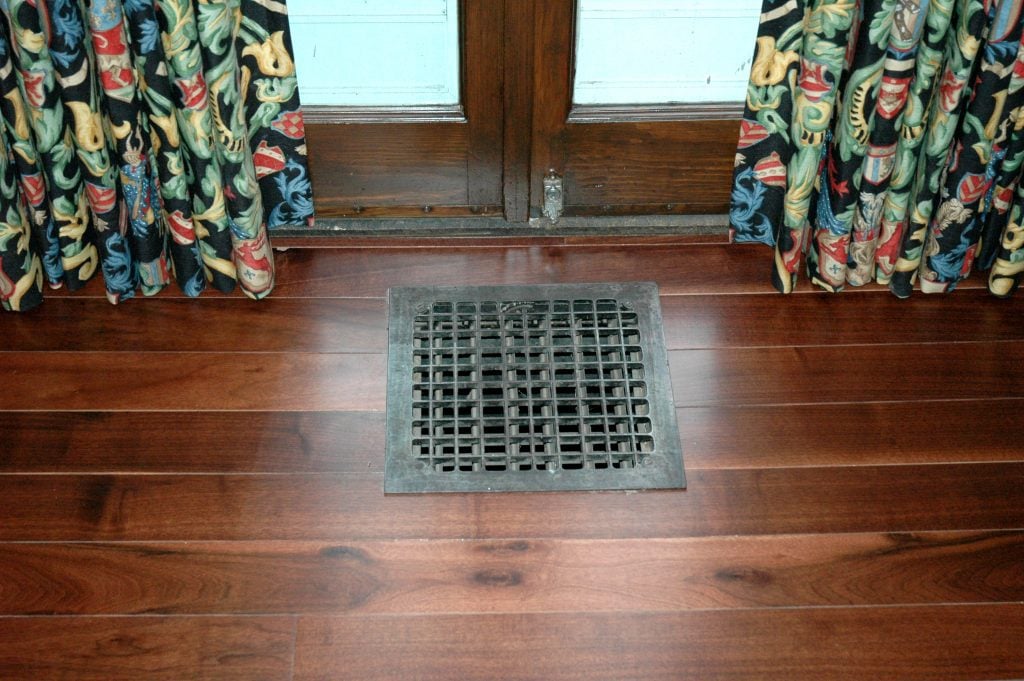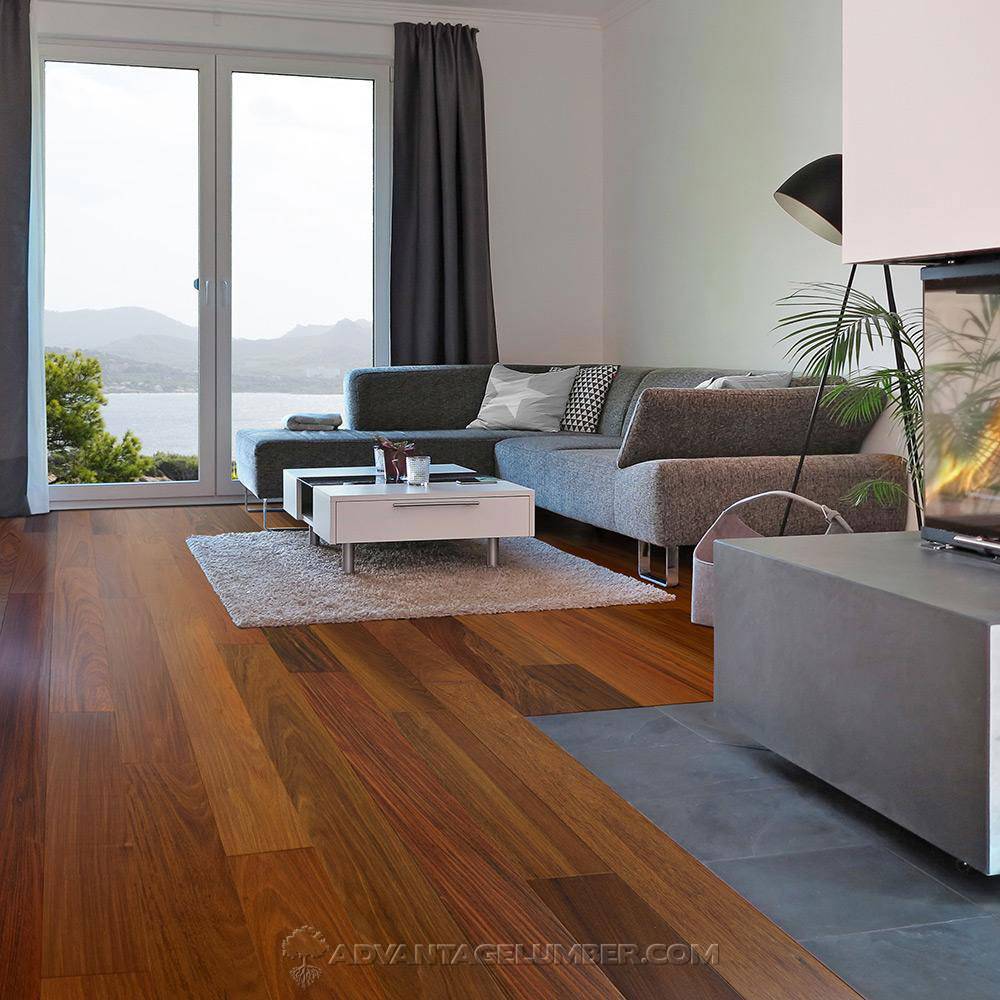Brazilian walnut flooring, also known as Ipe wood flooring, is a popular hardwood flooring option known for its durability, strength, and natural beauty. The wood is sourced from the Brazilian walnut tree, which is native to South America.
The flooring is characterized by its rich, dark brown color, and tight, straight grain pattern. The wood is extremely dense and hard, making it highly resistant to wear, scratches, and dents. It is also naturally resistant to decay, rot, and insect infestations, making it an ideal choice for outdoor decking, as well as indoor flooring.
Brazilian walnut flooring is available in a variety of finishes, from smooth and polished to distressed and rustic. It is available in solid hardwood or engineered wood flooring, depending on the specific needs of the project.
One of the key benefits of Brazilian walnut flooring is its longevity. With proper care and maintenance, it can last for decades, making it a smart investment for homeowners and commercial property owners alike. However, due to its density and hardness, installation can be challenging and may require specialized tools and expertise.
It’s worth noting that while Brazilian walnut is a sustainable choice for hardwood flooring, it is considered an exotic species, which can impact the cost and availability of the wood. As with any flooring option, it’s important to weigh the pros and cons and consider your specific needs and budget before making a decision.
How Does Brazilian Walnut Compare to American Walnut?

Brazilian walnut and American walnut are two different types of wood that have some similarities but also some significant differences.
The first major difference is that Brazilian walnut is not actually a species of walnut tree, but rather comes from a tree known as the Ipe tree. American walnut, on the other hand, comes from the Juglans nigra tree.
In terms of appearance, Brazilian walnut is generally darker in color and has a tighter, straighter grain pattern than American walnut. Brazilian walnut also tends to have more natural variation in color, with streaks of lighter and darker tones throughout the wood.
In terms of durability and hardness, Brazilian walnut is one of the hardest and most durable woods available, with a Janka hardness rating of over 3500.
American walnut, by comparison, has a Janka hardness rating of around 1010, making it considerably softer and more prone to wear and damage.
Finally, Brazilian walnut is typically more expensive than American walnut, due in part to its durability and hardness, as well as its relative scarcity and the cost of importing it.
Overall, both Brazilian walnut and American walnut have their own unique characteristics and benefits, and the choice between them will depend on factors such as personal preference, budget, and the specific needs of the project.

Which is better to seal Ipe wood…oil-based or water-based sealers?
Any recommendations?
For interior there are pros and cons to each. Oil usually offers better protection but it gives off more fumes in the process and you really should leave your house when it’s being applied and cured. Water is safer as far as fumes are concerned but typically water based can leave white stains if they get wet. This is why you see white rings on furniture sometimes if someone put a glass down with condensation without a coaster. The other solution some like is a hard wax oil finish that gets buffed into the floors. It does require reapplication when it starts to show wear so some people don’t like this option because it is more maintenance but the reapplication is easier than sanding and all the fumes.